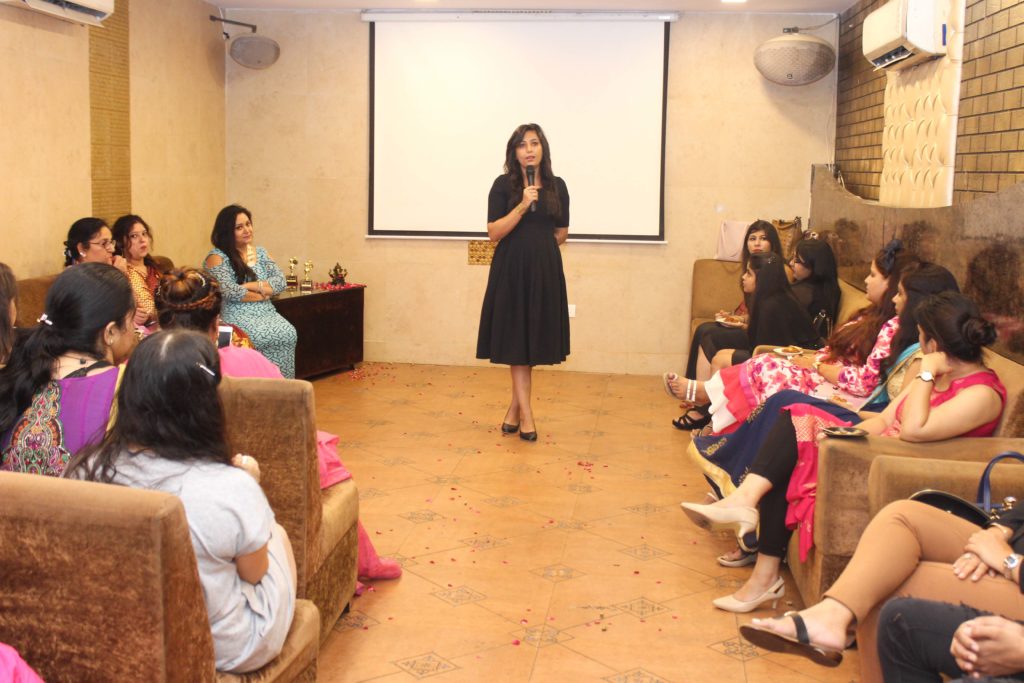
Let’s be real, we have all wanted to be able to speak English like a native. Some of us join expensive speaking classes and courses to learn to speak fluently while others practice at their home watching American T.V series, movies, and news channels. Nevertheless, most of us never get to speak English in a fluent manner and we start depreciating the English speaking courses for not being up to the standard.
Most of the times, however, a few important factors are missing from our English speaking endeavour that keeps us from being able to speak like a professional. In this article, we will discuss such components and help you integrate them in your speech so you can enhance your flow, tone, and communication.
These factors are as follow:
- Sound Morphing/Connected Speech
- Discourse Marker
- Pronunciation/Intonation/Rhythm and Flow
Let’s take a look at what these factors are:
Sound Morphing
Sound morphing is the technique of cutting, mixing, and leaving out words while speaking. It could also be said to be one of the reasons why most English learners are unable to understand native speakers. Most people who are trying to learn to speak English tend to think they don’t understand native speakers because they speak very fast. While there is some truth to that notion, it is not entirely the speed of their speech but with the way they mix words together.
Some examples of morphing include:
- What are you= whatcha/whatch-ya- What are you doing? (wha-tchya doin’?/ Wha-da-ya doin’?)
- What did you= “wha-djya”- What did you do today? (“wha-djya do-daday”)
- What do you= “wha-da-ya”- What do you think? (“wha-da-ya think?”)
- Going to= gonna
- Want to= wanna
- Got to= gotta
- Should have= shoulda
- Could have= coulda
- Would have= woulda
- Give me= gimme
Combining these words will automatically make your sentences crisper and make you sound fluent.
Suggested Read: Here is How You Can Speak Fluent English with Confidence
Discourse Marker
Discourse markers a set of words that can be used between sentences to fill, link, connect and give space and rhythm to a spoken conversation. We all use discourse markers in our native languages.
To elaborate further, here are two sentences: one with discourse markers and the other without them. Let’s take a look at how these linking words make all the difference in speech:
“You see, I went there and asked him to come out so we could party and all. Like, that is the only thing that I wanted. But, I guess, it wasn’t my day. Well, I have learned my lesson.”
“I went there and asked him to come out so we could party. That is the only thing that I wanted. But it wasn’t my day. I have learned my lesson.”
Both the sentences relay the same meaning but when spoken, the first one sounds human while the second one sounds robotic and practised. Nobody speaks like the second sentence is written. We all use quirks and links in our sentences to be able to relate to the listener.
That being said, overuse of discourse markers can also show a lack of comprehension and speaking abilities. So, these connecting words should only be used in a limit.
Suggested Read: Essential Factors to speak fluent English for non-native English speakers
Pronunciation, Rhythm, and Flow
Last but not the least, pronunciation strategies play an important role in how we speak English. Most of us focus so much on properly pronouncing a word that when we speak, we sound like robots. The first and foremost thing to understand is that your accent is not a problem. Instead of focusing on speaking like native speakers, we should focus on the rhythm of the language. English is a beat-driven language.
- Listen to the rhythm
Rather than focusing on ways the words are pronounced and spelled, pay attention to the rhythm of the word. Listen to audiobooks, English songs, and watch English movies and focus on how the speakers follow a certain pattern when speaking. Once you have figured out the beat of the language, the words will flow naturally out of your mouth.
- Speak in chunks
Native speakers talk by mixing words together, as we already suggested. Just as we do with our native language, mixing words makes it easier to speak by reducing gaps between them.
- Imitate native speakers
Imitating native speakers is one of the best ways to master your English speaking capabilities. Listen to native speakers and try to copy them by employing your tongue, cheeks, lips, and whole mouth.
